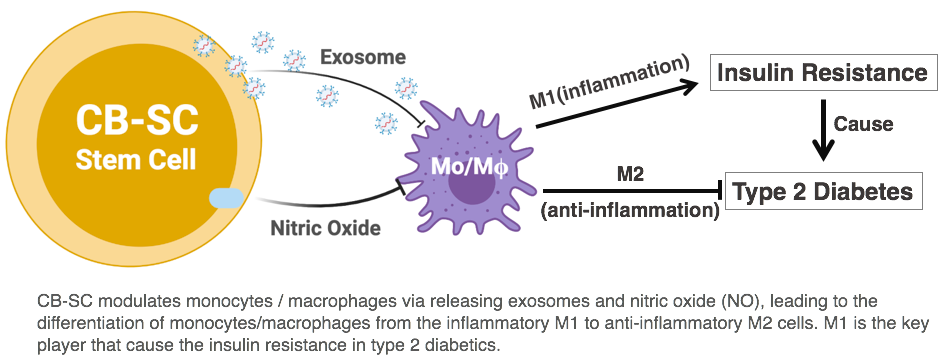Type 2 diabetes (T2D) is the most common type of diabetes, with prevalence increasing worldwide due to the popularization of a Western lifestyle characterized by overnutrition and limited exercise. According to the International Diabetes Federation (IDF) Diabetes Atlas Tenth edition 2021(https://idf.org/aboutdiabetes/what-is-diabetes/facts-figures.html), approximately 537 million adults (20-79 years) are living with diabetes. The total number of people living with diabetes is projected to rise to 643 million by 2030 and 783 million by 2045. Diabetes-associated complications (e.g., cardiovascular diseases, stroke, blindness, kidney failure, and emotional stress) markedly decrease quality of life of T2D patients, limiting the productivity of individuals with the disease and creating significant economic and social burdens. Thus, finding a cure for T2D is a top priority.
Insulin resistance is the key issue causing T2D. Mounting clinical evidence and animal studies point to the involvement of monocytes/macrophage-associated immune dysfunctions as crucial issues in insulin resistance in T2D, suggesting that immune modulation may be a useful tool in treating the disease. The failures of using conventional approaches to controlling inflammation and immune dysfunction of type 1 diabetes (T1D) should enlighten the development and testing of novel approaches in T2D. Currently, insulin therapy and FDA-approved medications for T2D patients only treat the symptoms and cannot fully address these fundamental issues causing insulin resistance.
To determine the clinical efficacy of Stem Cell Educator therapy in T2D, Dr. Zhao and colleagues found that about 70% of T2D patients achieved the improved metabolic control, with marked reduction of median glycated hemoglobin (HbA1 C) values from 8.61% ± 1.12 at baseline to 7.9% ± 1.22 at 4 weeks post-treatment (P = 0.026), and to 7.25% ± 0.58 at 12 weeks post-treatment with Educator therapy (P = 2.62E-06) in long-standing T2D subjects. Homeostasis model assessment (HOMA) of insulin resistance (HOMA-IR) revealed that insulin sensitivity was improved, as well as significantly reduced inflammation markers after receiving Stem Cell Educator therapy. Notably, the islet beta-cell function in long-standing severe T2D subjects (15 ~24 years) was markedly recovered, as established by the restoration of C-peptide levels at both fasting and post glucose challenging. This clinical efficacy could be retained over four years after receiving one treatment with Stem Cell Educator therapy. Therefore, Stem Cell Educator therapy holds great promise for improving diabetic treatment and finding a cure for diabetes.
Monocytes/macrophages are important front line of immune cells in humans. Based on the phenotypic differences, macrophages are simply characterized with type 1 macrophages (M1, inflammatory) and type 2 macrophages (M2, inflammatory). Mechanistic studies have shown that the percentage of monocytes expressing an M1 macrophage marker was markedly decreased in T2D patients four weeks after Stem Cell Educator therapy and that co-culture of activated monocytes with stem cells CB-SC significantly down-regulated numbers of inflammation-related genes, including chemokines and cytokines. To further explore the molecular mechanisms underlying the immune modulation of Educator therapy on monocytes/macrophages, our recent study demonstrated that CB-SC could release exosomes (designated cbExosomes, see following Figure) that promoted the M2 differentiation of monocytes. Exosomes belong to a family of nanoparticles with diameters ranging 30‒150 nm. Thus, Stem Cell Educator therapy through the action of CB-SC counteract the chronic inflammation by releasing cbExosomes, which promote monocyte differentiation into anti-inflammatory M2 macrophages, contributing to the control of inflammation and producing the long-lasting clinical outcomes in metabolic control for individuals with moderate or severe T2D who receive a single treatment.
Collectively, Stem Cell Educator therapy has the great therapeutic potential to revolutionize the treatment of both type 1 and type 2 diabetes and eliminate the need for lifelong insulin therapy, without the safety and ethical concerns associated with conventional immune and/or stem cell-based approaches.
We appreciate your financial support to facilitate the clinical transition of Stem Cell Educator therapy into a practical care. Please visit the Throne campaign page to learn more and invest on StartEngine: https://www.startengine.com/throne-biotechnologies

